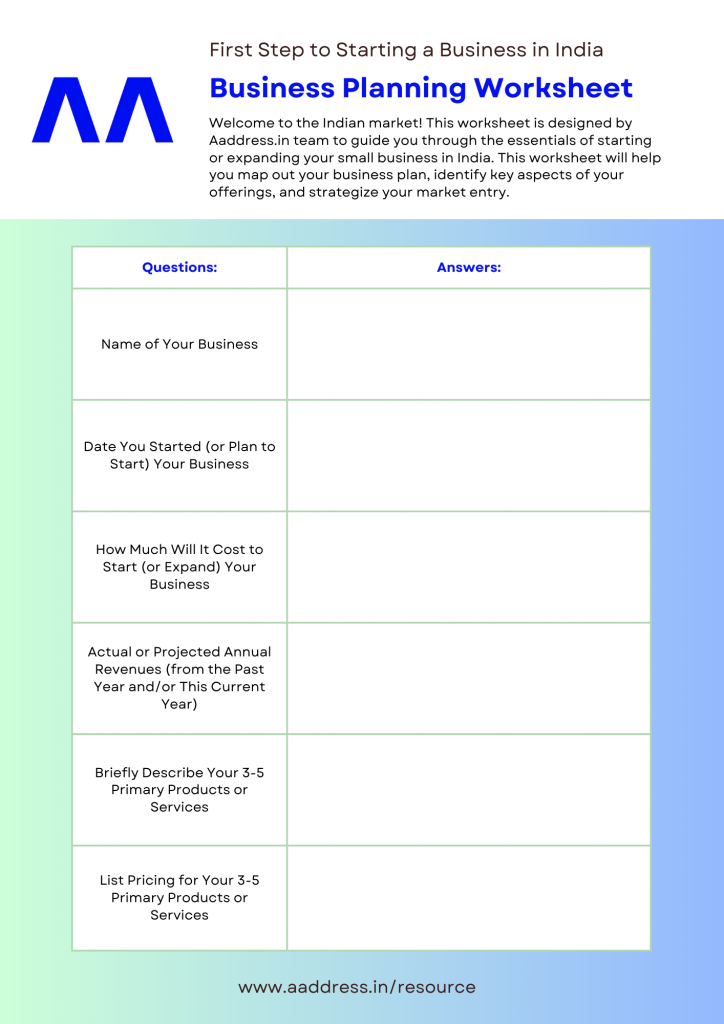Don’t just get a virtual office—let us help you build your business with our expert resources.Learn More
Get Business insurance

Photo by pexel.com(https://www.pexels.com/photo/a-paper-beside-a-person-typing-on-a-laptop-7688374/)
Securing business insurance in India is a pivotal step in safeguarding your new enterprise. Below is a comprehensive guide to navigate through this process:
Understanding Your Needs:
Industry and Business Type: Different sectors entail distinct risks. For instance, a manufacturing facility will require different coverage compared to a consultancy.
Legal Structure: Whether you operate as a sole proprietorship, partnership, or Limited Liability Company (LLC) influences your insurance prerequisites.
Assets and Inventory: The value of your equipment, furniture, and stock dictates the extent of property insurance necessary.
Common Business Insurance Policies:
Property Insurance: This encompasses protection against damages resulting from fire, theft, natural disasters, etc., to your building, equipment, and inventory.
Liability Insurance: Shields you from legal claims arising from third-party injuries, property damage, or negligence stemming from your operations. Examples include Public Liability and Product Liability.
Employee-related Insurance: Encompasses coverage for medical expenses and lost wages due to work-related injuries (Workmen's Compensation) or death (Group Term Life).
Professional Liability Insurance: Tailored for professionals such as consultants and architects, guarding against claims of negligence or errors in professional services.
Researching and Comparing Insurance Providers:
Public Sector Insurance Companies: Entities like New India Insurance and United India Insurance Company, backed by the government, typically offer competitive rates.
Private Insurance Companies: Companies like HDFC Ergo and ICICI Lombard often provide broader coverage options and expedited claim settlements.
Insurance Brokers: Engaging brokers can assist in evaluating your needs, comparing quotes from different insurers, and negotiating on your behalf.
Obtaining a Quote:
Reach out to shortlisted insurance companies or brokers, furnishing details about your business, operational nature, and estimated asset value.
They will evaluate your risks and furnish a quote encompassing policy details, coverage specifics, and premium amount.
Selecting the Right Policy:
Coverage: Ensure the policy addresses risks pertinent to your business.
Premium: Strike a balance between affordability and adequate coverage, refraining from under-insuring to cut costs.
Deductible: Choose a deductible amount that aligns with your comfort level, as it denotes the upfront payment before insurance coverage activates.
Policy Wording: Scrutinize policy terms meticulously to grasp exclusions and limitations.
Additional Tips:
Transparency: Disclose all relevant information to the insurer to mitigate the risk of claim rejections.
Regular Review: As your business evolves, reassess your insurance requirements periodically and adjust coverage accordingly.
Remember: Soliciting quotes and scrutinizing policies from multiple providers is indispensable to secure optimal coverage at a competitive price.
Your Friday Just Got Better!
Introducing The Friday Newsletter – we don’t believe in cluttering your inbox daily. Our popular newsletter, subscribed by over 1000+ people, delivers valuable insights for entrepreneurs.
Join the community and make your Fridays more meaningful!



